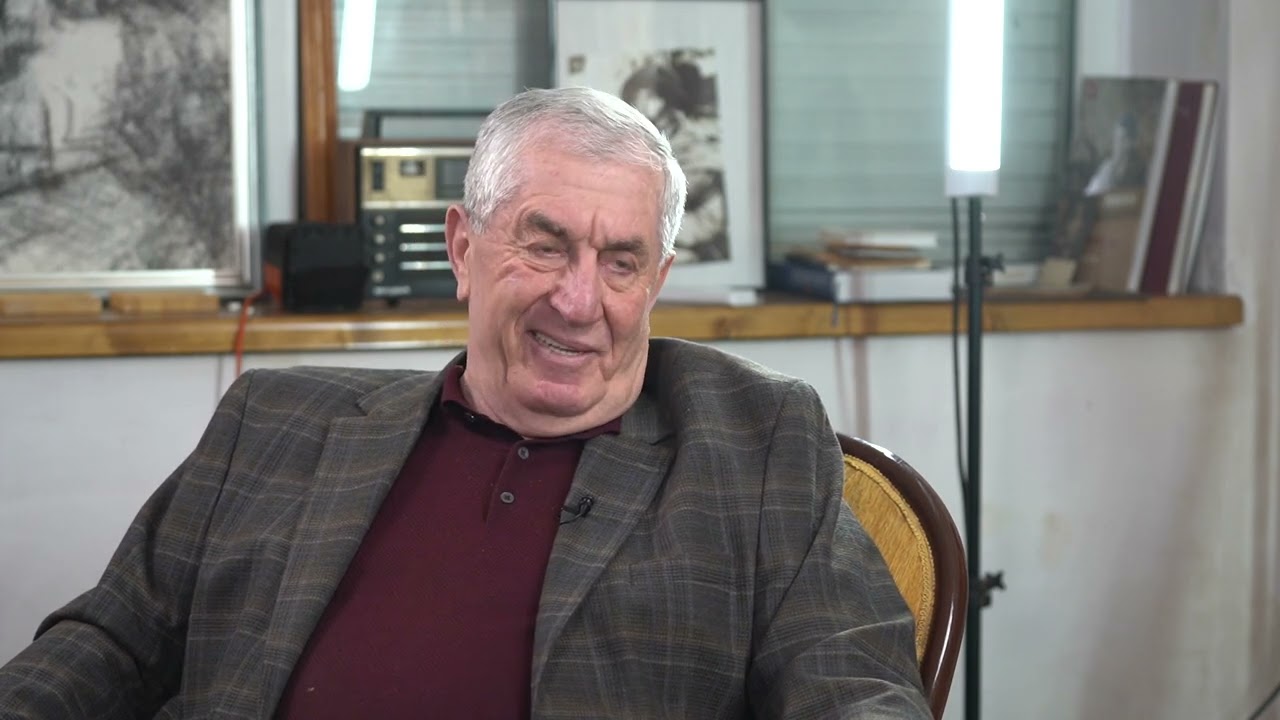foreign agents law in Abkhazia
President of Abkhazia Aslan Bzhania is reportedly planning to submit a more stringent version of the foreign agents bill to parliament than the one attempted in 2022.
Opposition Telegram channels suggest a significant amendment, as the proposed foreign agent status is not only extended to legal entities but also to individuals.
The discussion on the adoption of a law on NGOs as foreign agents in Abkhazia commenced in 2022. The formal justification for this initiative was the European Union’s decision not to recognize Russian passports issued in Abkhazia.
As reported by the D News Abkhazia channel, Aslan Bzhania has directed the ministry of justice to incorporate the necessary amendment into the draft law and to present a revised version of the document to the presidential administration by next week.
During Raul Khajimba’s presidency (from September 2014 to January 2020), Moscow strongly urged Abkhazia to emulate Russia by implementing a law on foreign agents.
However, unlike South Ossetia, where the law was promptly adopted, the authorities of Abkhazia hesitated to comply with the Kremlin’s suggestion, given its unpopularity in Abkhaz society.
Nevertheless, the inclusion of a provision for the adoption of the law on foreign agents by the Abkhazian parliament was part of the joint Russian-Abkhazian plan for the harmonization of legislation. The bill was supposed to be considered in 2023.
Commentary

Inal Khashig, editor of the newspaper Chegemskaya Pravda/JAMnews editor in Abkhazia:
“If previously, it was only Moscow advocating for the law on foreign agents, it now appears that the Abkhazian authorities themselves have embraced this idea. Otherwise, the inclusion of individuals in this context would not have occurred.
The upcoming presidential elections in Abkhazia are a year away. Aslan Bzhania is not popular in society, and it seems he has chosen to secure re-election for another five years by portraying his opponents as anti-Russian elements.
However, there are no political forces in Abkhazia that are disloyal to the Kremlin. To make this strategy effective, the president requires a law on foreign agents. On one hand, Moscow will be appeased, but on the other hand, president Bzhania will have the means to attach an unfavorable label to any of his opponents.
This is why he is pushing for the draft law on foreign agents to be strengthened, encompassing individuals. This expansion aims to allow the law to be applied not only against non-governmental organizations and the media but also against any inconvenient individual.
In essence, Aslan Bzhania is attempting to formalize the legal framework for suppressing dissent.
The question remains: Will the president’s plan be effective within the context of Abkhazian realities?
I harbor significant doubts.
Legislating claims to authoritarianism on paper is one thing. The true test lies in its viability within an environment where power is essentially within arm’s reach of every citizen.
Removing an undesirable president under societal pressure has evolved into an almost accepted method of power transition in Abkhazia. Interestingly, it was through this “tradition” that Aslan Bzhania assumed the presidency in 2020.
Though perhaps he prefers not to dwell on that fact now.”


